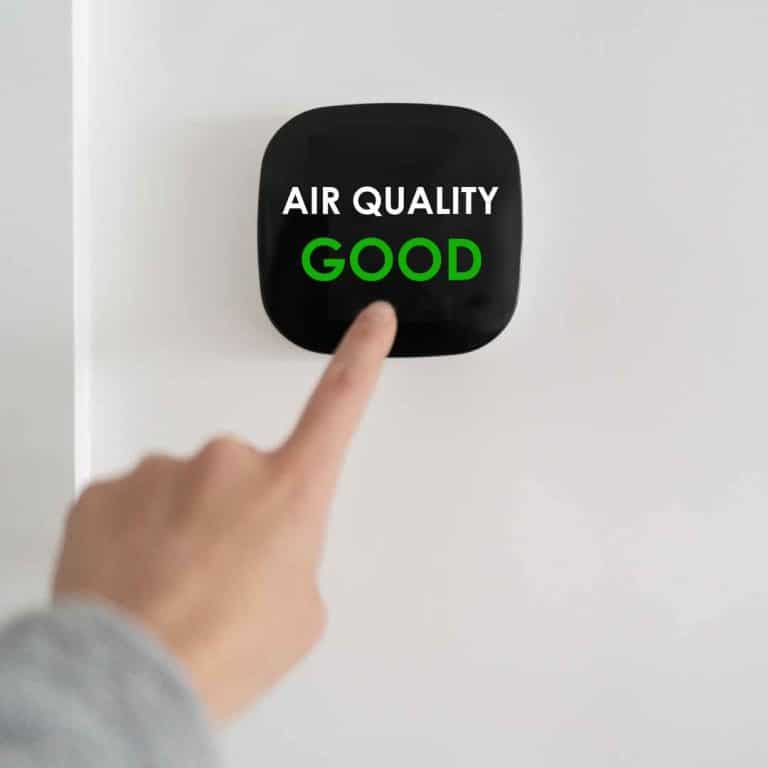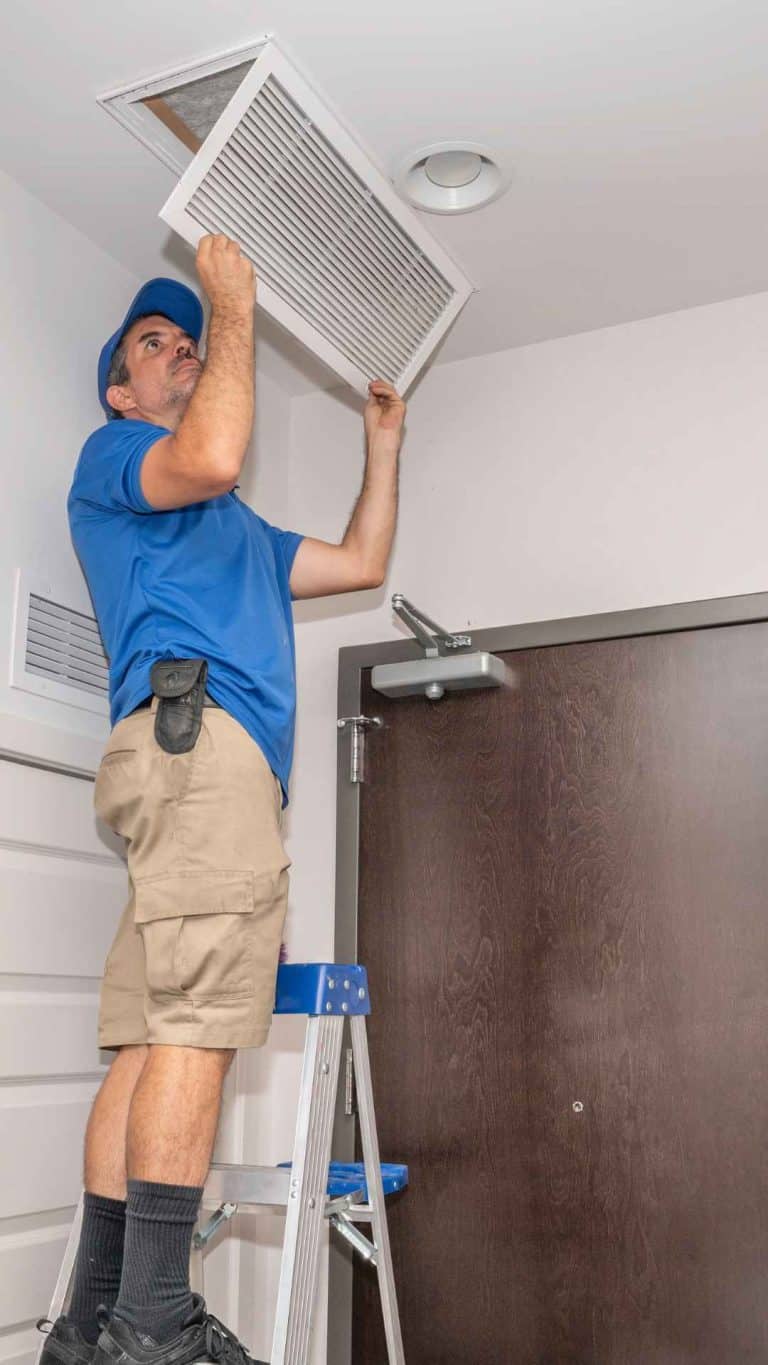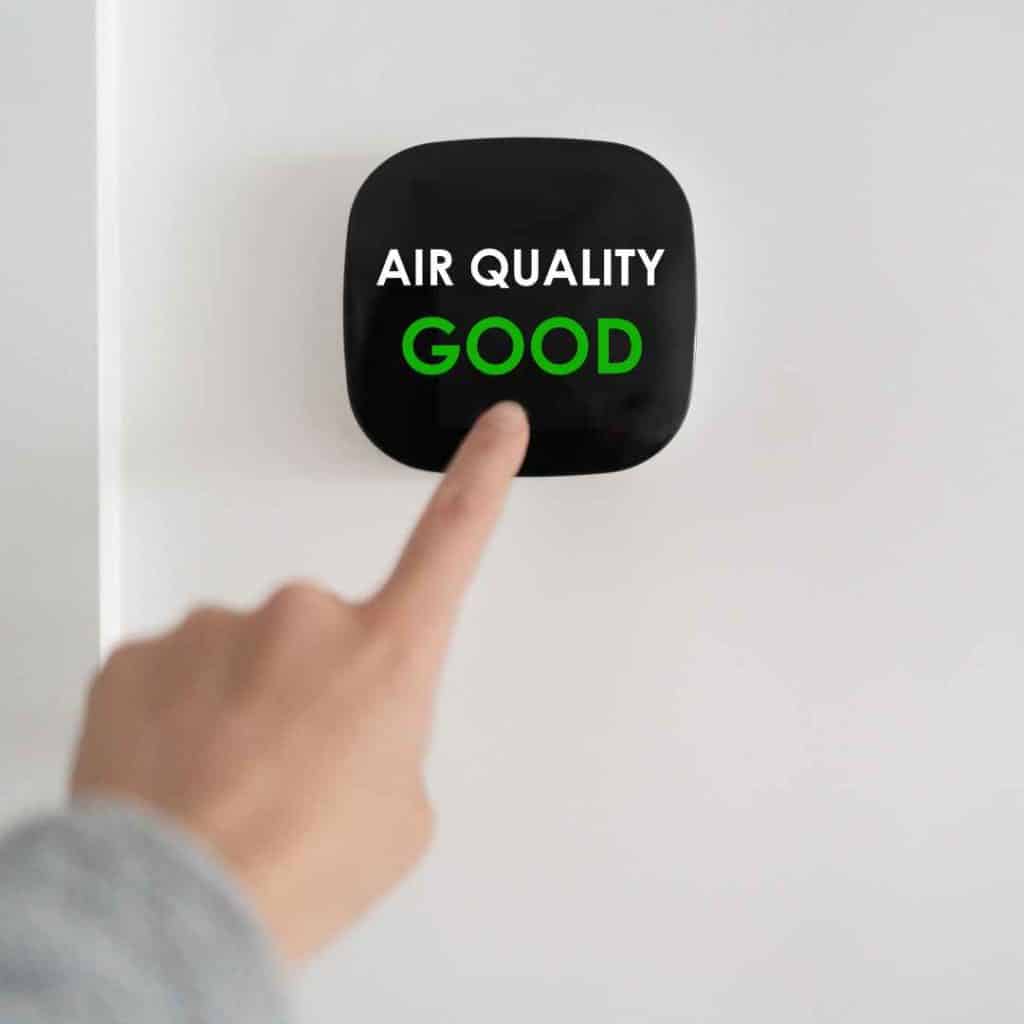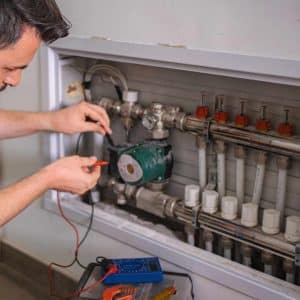We all know that air pollution is a serious problem, but did you know that the air inside your home could be even more polluted than the air outside? The EPA has found that indoor air can be 2-5 times more polluted than outdoor air, and in some cases, it can be up to 100 times more polluted!
This is especially concerning in places like Lake Worth, Florida, where the hot and humid climate often forces us to spend more time indoors. But what many homeowners don’t realize is that poor indoor air quality (IAQ) can have a significant impact on their health.
In this blog post, we’ll explore the hidden dangers of poor IAQ, discuss its potential health effects, and provide practical tips for improving the air quality in your home.
What is Indoor Air Quality?
Indoor air quality refers to the air quality within and around buildings and structures, especially as it relates to the health and comfort of building occupants. It’s influenced by a variety of factors, including:
- Pollutants: These can be biological (e.g., mold, dust mites, pet dander), chemical (e.g., VOCs from cleaning products and paints), or particulate matter (e.g., dust, smoke).
- Ventilation: Adequate ventilation is essential for bringing in fresh outdoor air and diluting indoor pollutants.
- Humidity: High humidity levels can promote mold growth and other IAQ problems.

Health Effects of Poor Indoor Air Quality
Poor indoor air quality can have a wide range of negative health effects, including:
- Respiratory Problems:
- Asthma and Allergies: Indoor air pollutants like dust mites, mold spores, and pet dander are common triggers for asthma attacks and allergic reactions.
- Respiratory Infections: Poor IAQ can increase your risk of colds, flu, and other respiratory infections.
- Chronic Obstructive Pulmonary Disease (COPD): Long-term exposure to indoor air pollution may contribute to the development of COPD.
- Cardiovascular Issues:
- Heart Disease: Emerging research suggests a link between air pollution, including indoor air pollution, and an increased risk of heart disease.
- Stroke: Some studies have indicated a potential link between poor IAQ and an increased risk of stroke.
- Other Health Problems:
- Headaches and Fatigue: Poor IAQ can cause headaches, fatigue, and difficulty concentrating.
- Eye, Nose, and Throat Irritation: Common symptoms of poor IAQ include itchy eyes, runny nose, and sore throat.
- Cognitive Decline: There is growing evidence suggesting a connection between long-term exposure to indoor air pollution and cognitive decline.
- Cancer: Certain indoor air pollutants, such as radon and asbestos, are known carcinogens and can increase the risk of cancer.
Who is Most at Risk?
While poor indoor air quality can affect anyone, certain groups are particularly vulnerable to its effects:
- Children: Children’s respiratory systems are still developing, making them more susceptible to the harmful effects of indoor air pollutants.
- Elderly: Older adults often have weakened immune systems and may be more vulnerable to respiratory infections and other health problems associated with poor IAQ.
- People with Existing Health Conditions: Individuals with asthma, allergies, or other respiratory or cardiovascular conditions are more likely to experience adverse health effects from poor IAQ.


Improving Indoor Air Quality in Your Lake Worth Home
Fortunately, there are many steps you can take to improve the air quality in your home and protect your health:
- Ventilation:
- Importance of Proper Ventilation: Bringing in fresh outdoor air is crucial for diluting indoor pollutants.
- Tips for Improving Ventilation: Open windows when weather permits, use exhaust fans in kitchens and bathrooms, and ensure proper airflow throughout your home.
- Source Control:
- Identify and Reduce Sources of Pollution: Choose low-VOC paints, cleaning products, and furniture. Store chemicals properly and avoid smoking indoors.
- Regular Cleaning: Dust and vacuum regularly to remove dust mites, pet dander, and other allergens.
- Air Filtration:
- Types of Air Filters: Consider using high-efficiency air filters, such as HEPA filters, to remove a wider range of pollutants from the air.
- Whole-house Air Filtration Systems: Installing a whole-house air filtration system can provide comprehensive air purification throughout your home.
- Humidity Control:
- Maintain Optimal Humidity Levels: Aim for a relative humidity level between 30% and 50% to prevent mold growth and other IAQ problems.
- Use Dehumidifiers: In humid climates like Lake Worth, using a dehumidifier can help control moisture levels and improve indoor air quality.
- Duct Cleaning:
- When to Consider Duct Cleaning: If you suspect your air ducts are contaminated with dust, mold, or other allergens, consider having them professionally cleaned.
Richard’s AC: Your Partner in Healthy Indoor Air
At Richard’s AC & Appliance Repair, we’re committed to helping Lake Worth homeowners create a healthy and comfortable indoor environment. We offer a range of services to improve your indoor air quality, including:
- Air Filtration Systems: We can help you choose and install the right air filtration system for your home’s needs.
- Duct Cleaning: Our professional duct cleaning services remove dust, allergens, and other contaminants from your air ducts, improving air quality and system efficiency.
- AC Maintenance: Regular AC maintenance helps ensure your system is operating efficiently and not contributing to indoor air pollution.





